The music of Carter Burwell is so unequivocally entwined with the films of Ethan and Joel Coen, it’s impossible to think of them as separate entities. Burwell’s first film score coincided with the brother’s stunning directorial debut (1984’s Blood Simple) and from there, the composer has left his indelible mark throughout all of their subsequent features, with the music for Fargo and Miller’s Crossing, in particular, easily approaching the pantheon of all-time great film compositions.
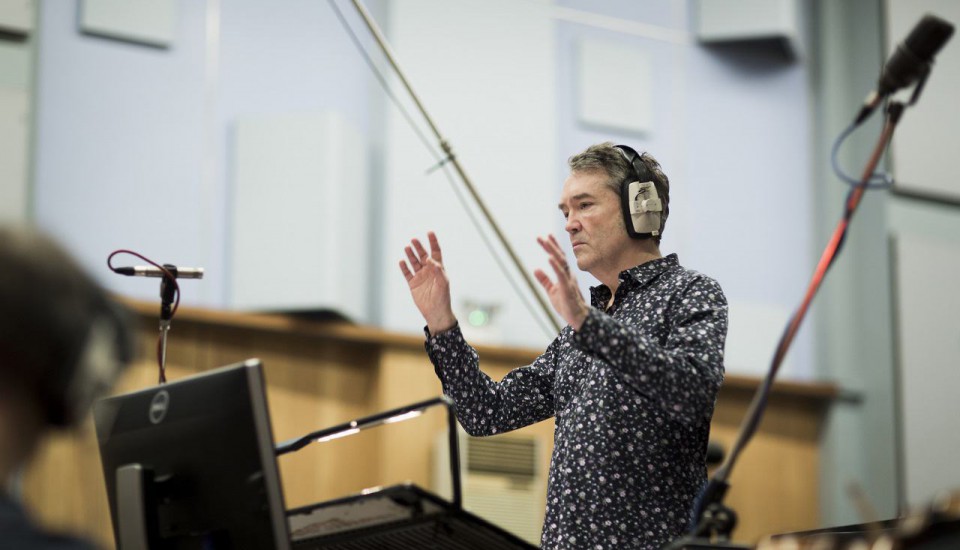
On the eve of headlining the World Soundtrack Awards in Belgium – and the release of a compilation of his scores – we were privileged to speak with the self-effacing Burwell over the phone. He talked candidly about his long career with the Coens, his work with other notable filmmakers of this era, the approach he takes with material of a more non-linear nature, and his slight apprehension of hearing his iconic scores in front of a huge live audience.
I was reading that it was never your intention to be a composer. Did you ever have another career planned out before the Coen Brothers came calling?
I’ve never really had a career in mind, but my day job back then was in animation and playing in bands at night in New York City. I always tended to do what interested me at the moment so I’ve never really had a career of any sort in mind. Writing the music for a movie sounded like a fun change of pace so when I was asked if that was something I might be interested in and said yes. When Blood Simple finally came out, other people started calling. It took me probably a couple of decades to realise that I had actually developed a career that was entirely accidental.
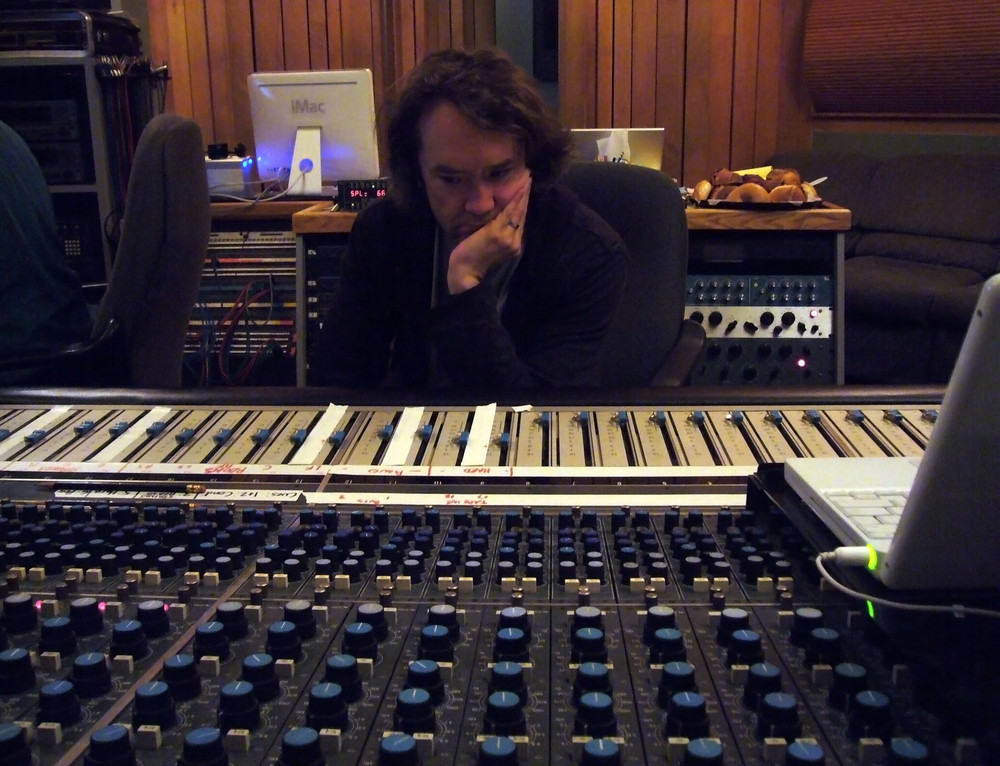
Your music for Blood Simple remains incredible and it’s such an integral component of the film. You could never imagine watching it without hearing that haunting, stripped-down melody over the top of it. Had the Coens done a rough cut of the film before you saw what you were going to score, or were you on board as they were developing the film?
I only saw a couple of reels of it. They were looking for a composer and they cast the net pretty wide. They wanted someone who wouldn’t cost much money, of course. I certainly fit that bill. I think the people who backed the film were mostly family friends of the brothers from Minneapolis, and they were hoping Ethan and Joel would hire someone who knew what they were doing, so they initially interviewed a lot of composers who had previous experience. After seeing those reels of the film, I went home and came up with a few ideas over the course of the next couple of days, but I hadn’t seen the entire film. I think they showed me the opening, some of the more thriller-like sections – maybe the burial – but that was it.
From there, you’ve continued to work with the brothers for over 30 years. How has your relationship with them changed over that time? Are you all completely simpatico now?
I don’t know if it’s really changed a great deal. They’re taciturn guys; it’s not like we get in deep discussions over the meaning of the film, or what music will bring to it. The only time something like that comes up is if we’re really stumped and having a problem that we need to figure a solution for. It seems in many ways the same relationship it’s always been.
Has there been any film of theirs which has posed a real challenge for you – one you’ve had to really step away from and think about what was required of you as a composer?
There have been a couple which have been especially challenging. The Hudsucker Proxy was difficult for me, partly because the music editor had put these pieces by [early 20th century Soviet-Armenian composer] Khachaturian into the film as a temp score. With Joel and Ethan, we often work with a temp score. A lot of directors think this is an important part of the process, and it helps them get a handle on what types of music work and don’t work for their film. As a composer, I prefer not to have that step. I like a completely blank slate so I can come up with my own solution to what the music for the film should be. In this case, [Hudsucker] was their biggest-budgeted film at that time, and they needed to show it to the studio and at some screening, so the music editor had to put those great pieces in. When it came time to write my music, I just couldn’t do any better than those musical pieces [laughs]. Even though the sections of music didn’t really bear any relationship to the characters and locations in the film – or even the story – they somehow worked perfectly and I just couldn’t do a better job. It was very frustrating for me. In the end, we just basically kept the ones which were really great; it’s not like I could write something better than the Sabre Dance for that whole hula hoop montage. Happily, that type of problem doesn’t come up very often.
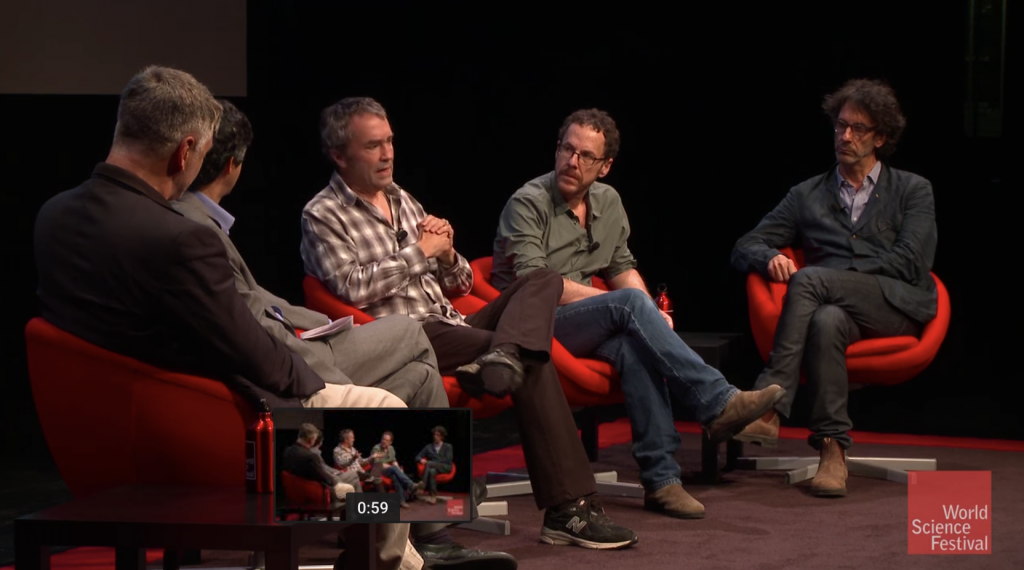
No Country For Old Men was tricky because Ethan was dubious about any score working for the movie and Joel felt that, at the same time, the movie did need things that a score does, just to make it seem dramatic, and to increase the tension. Bring drama to a scene where perhaps someone is just driving a car, but you want something there telling you there’s emotional information. That was hard to try to figure out [laughs]. But the good thing about working with Joel and Ethan is they’re not making the same film again and again. Their work is very different each time. I guess you can say the one thing [the films] have in common is they’re usually working in a genre – western or a thriller, for example – but the style, the look and sound of their films varies enormously.
Aside from the Coens, you’re collaborated regularly with a number of singular filmmakers such as Spike Jonze, Todd Haynes and Martin McDonagh. Is it the director that attracts you to a project, rather than the material?
It’s both. When it’s a director that I don’t know, it’s going to be the material. But even with a first-time director like Spike, I knew his music videos, but that script for Being John Malkovich was fascinating and amazing, too. It was an easy choice to make committing to that film. Sometimes with a director who I’ve worked with before, I’ll do something where maybe the material doesn’t seem completely engaging, but we have a good relationship and I’m gonna do it for that reason. I feel very lucky that the films I’ve worked on is stuff I’d actually want to see, and the filmmakers involved have been very enjoyable to work with: humane, honest and, above all, artists. I’ve been very fortunate in that respect.
They respect your process as well as the other way round.
Yeah, that’s true and important.
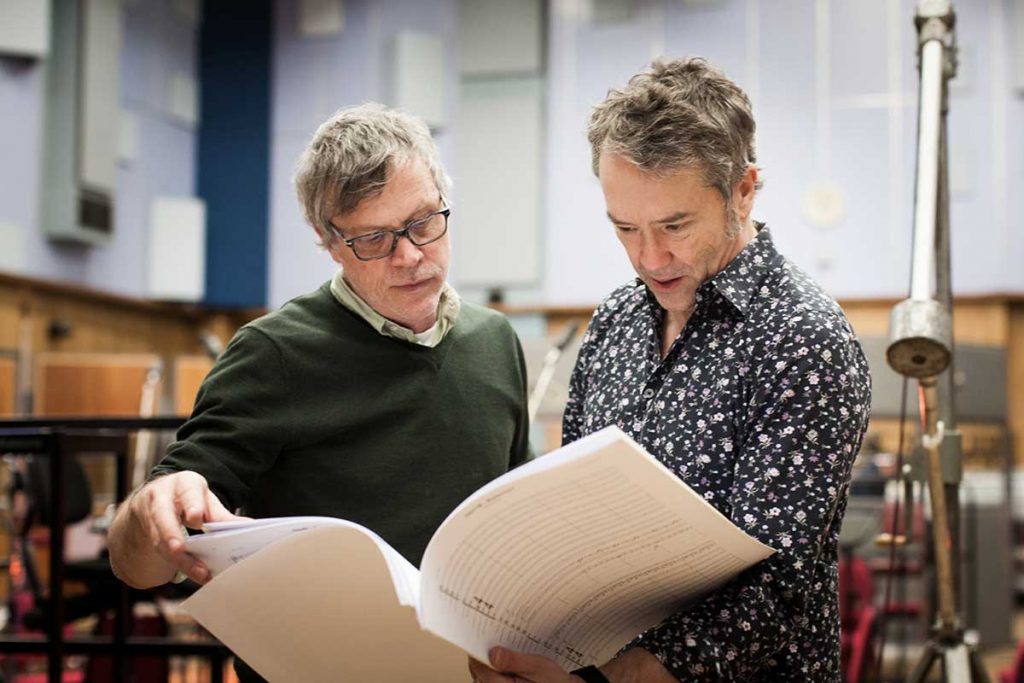
When you work on a film by Spike Jonze, say, do you tackle it differently to how you’d write a score for a more traditional narrative?
It is different because the experience of the audience is different. With a film like Being John Malkovich, the viewer is often at sea as to what kind of movie it is they are watching, and what type of reality it is. Spike shot it in a kind of gritty, earthy look so that it does feel real – the texture is a normal reality, it isn’t heightened. And for that same reason, the music is not wildly inventive or adventurous. It could have been, and I think for that score we could have done almost anything with it and wouldn’t have been wrong, but the choice we made was to really make it rooted in some kind of emotional reality so that you could actually believe the characters were real people with real emotions and feelings, even though the situations they’re going into are fantastical. We went with this partly because Spike said that would be the most disturbing thing for an audience to watch the movie and believe [the characters] were real people. The farther out the film goes away from a normal story and what people expect when they see a film, audiences need that emotional and kinetic information from the music as they’re less sure of what’s going on, where they are, and how they’re supposed to react.
That’s the wonderful thing about film compositions – it’s almost kind of invisible for the audience as they’re being guided along by the score.
That’s right. Music is bringing a type of information to the audience, but information that they often don’t perceive. It’s coming to them in a subliminal way.

Do you have a favourite score of your own, and conversely, have you also got a favourite film we’ve scored?
In my mind, I don’t have one favourite of each. It changes all the time. But a perennial favourite of mine is Fargo, both as a score and as a film. I feel like the music contributed a lot to that film. The music has a lot of character. The film itself is also wonderful and works no matter how many times you see it.
You’re due to headline the World Soundtrack Awards with a live concert on the 17th October, as part of the Ghent Film Festival in Belgium. Are you excited to be going over there to hear your work being performed on stage, or is there a little trepidation on your behalf?
I think those are both fair words: I am definitely excited and there is some trepidation. I’m not a concert composer; that’s not a world that I work in. When I write the music, I write it for film, which is usually specific scenes with specific characters saying specific dialogue. It’s very specific. To have it taken out of the film and performed in a concert setting, I just don’t know what that’s going to be like. When I hear any pieces of my music, I think of the film. It’s always a little odd for me to hear it outside of that context. But, mostly I’m excited (laughs). It’s a novel situation for me but you have to let go of control of these things sometime.
When I was a rock and roller, I liked the fact that music was unpredictable and you never knew what was going to happen when you got on stage. Not that I’ve been doing film of all these years, I’ve become a perfectionist. You can control every little thing because that’s what film is – it’s an archival medium where you can labour over the detail until everything is exactly the way you want it. So going back into a live performance setting, where I won’t have control of those things, is interesting. I want to enjoy it in the same way as how I liked performing live when I was in my 20s.
Carter Burwell – Music For Films is available from Silva Screen Records

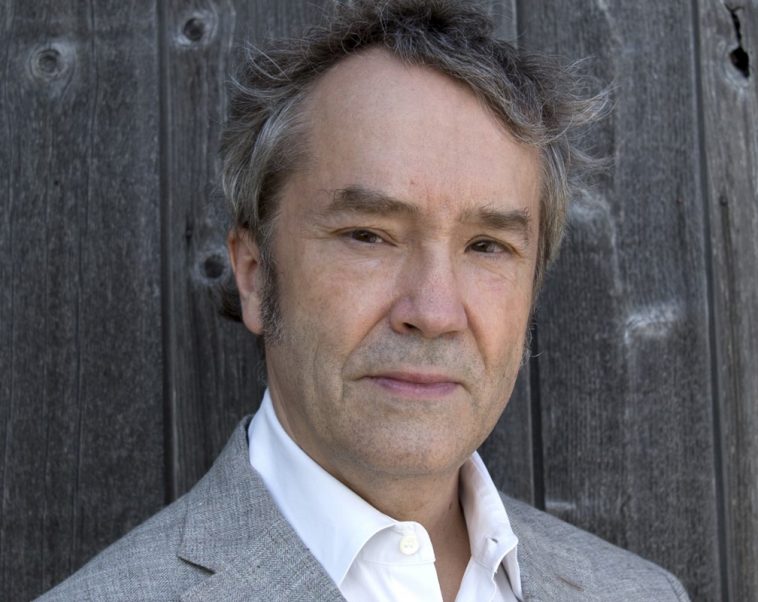

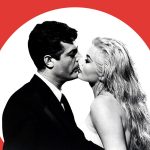


Leave a Comment